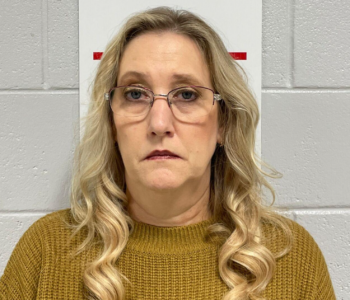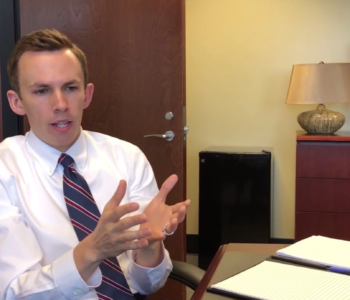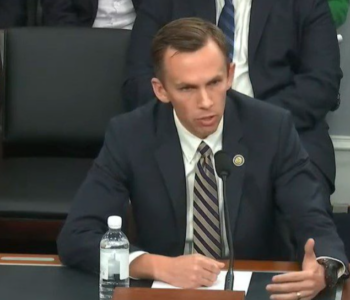 News
News
Reforms will aid efforts to prevent fraud in workforce…
If bipartisan consensus exists around any issue in Mississippi, it’s the agreement that our workforce needs the skills to compete in the modern economy. Mississippi already spends hundreds of millions of state and federal dollars each year training workers.
But those training programs are siloed in various agencies that, historically, have not communicated with one another. With this in mind, Accelerate Mississippi, a new state agency, was created a few months ago to coordinate workforce training spending and craft a grand strategy.
My office recently concluded a lengthy investigation — resulting in two arrests — that shows Accelerate will have another challenge, too: The need for improving fraud prevention mechanisms in our workforce training spending.
Here is what we discovered: Private companies were lying on documents to obtain workforce training money. For example, one woman made fake timesheets for workforce training classes being taught at her place of work. She was allowed to take a cut of all the workforce training money paid to her employer. It seems no one was checking the timesheets for obvious signs of fraud, like employees attending more than one class at the same time.
The same investigation also found a different business was paid workforce training money despite submitting incomplete information about the classes taught in their factory. This is not criminal, but the money will have to be paid back.
These funds all came from something called the WET (Workforce Enhancement Training) program. WET funds come from unemployment insurance taxes paid by Mississippi businesses. The money then goes to the Mississippi Community College Board. The board sends the cash to community colleges, which then work with businesses to find ways to train their workers.
The second part of our investigation focused on a community college. There, we found a college billed WET funds to train some local employees but also billed the business to train the same employees. This double billing — being paid twice for the same thing — is not allowed. When he feared being discovered by auditors, a college employee manufactured fake documents showing the college had not billed the businesses.
All told, we found more than $2.3 million had been misspent.
The auditor’s office will work with local prosecutors to hold these individuals accountable. Beyond that, there are many businesses drawing down workforce training funds around the state. Our investigation only focused on two of the nearly 80 companies that received WET funds from one community college. There’s too much money flying around the state through this program with too few internal controls.
Now is the time for reform.
My first reform recommendation would be internal auditors. Accelerate Mississippi should be given funding to employ internal auditors who will travel the state and check the workforce training classes, their timesheets, and the money flows for signs of criminal behavior. The auditors should report to Accelerate. If they discover a crime, they should be required to report that finding to my office and the attorney general’s office. Internal auditors have worked well in other states, like Tennessee, and have likely saved taxpayers money in the long run.
Second, employers who receive workforce training money should be required to post the state auditor hotline number where employees can make whistleblower tips. This is how our workforce investigation started. Our hotline number is 1-800-321-1275.
Third, Accelerate and the community college board should work together to ensure the audits of the colleges are randomized and not easily duped. Employees of a college should not be able to doctor a few documents, knowing those documents will be the ones checked, and hide what is happening.
Workforce training is important. But we must also ensure the money we spend on it is actually training workers, that the classes are real, and that no one is personally benefitting from an illegal use of the funds. Too often in my tenure as state auditor, I’ve heard folks say, “This program is important, just let it operate.” If the program is vital, then oversight of its spending and outcomes is vital, too.
Shad White is the 42nd State Auditor of Mississippi.









